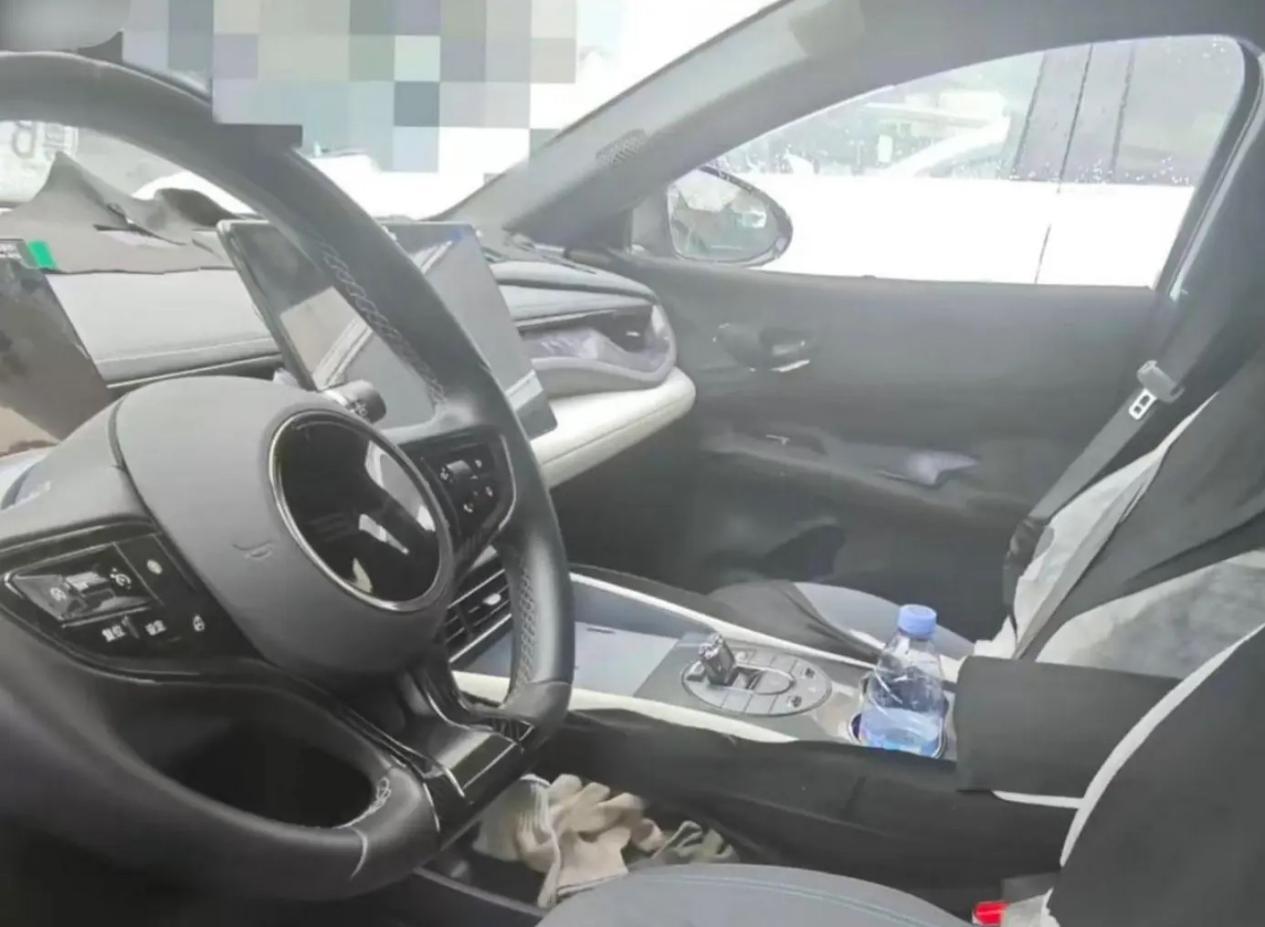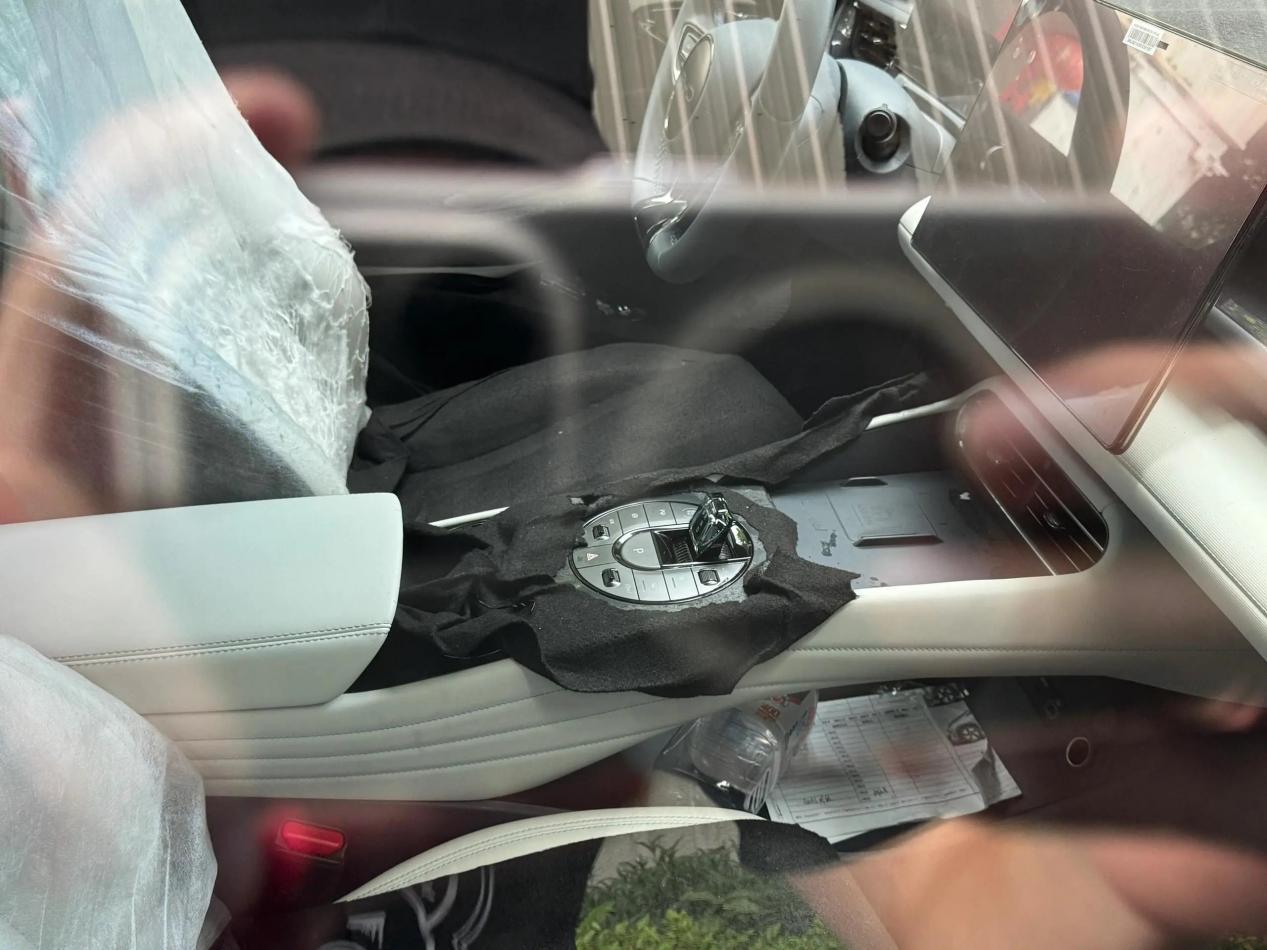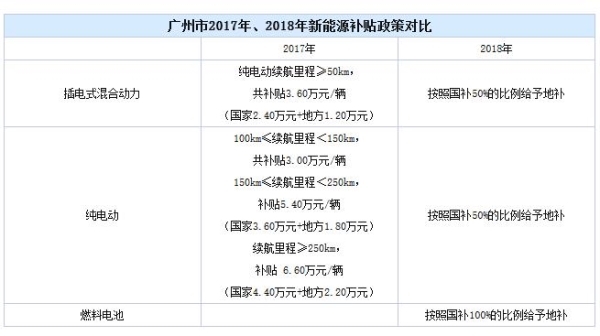Jing Zheng Fa [2015] No.29
The people’s governments of the districts and counties, the commissions, offices and bureaus of the municipal government, and the municipal institutions:
In order to implement the spirit of Opinions of the Central Committee of the Communist Party of China and the State Council on Accelerating the Construction of Ecological Civilization (Zhongfa [2015] No.12), thoroughly implement the Environmental Protection Law and the Regulations on the Prevention and Control of Air Pollution in Beijing, further improve the system and mechanism of air pollution prevention in this Municipality, continuously enhance the effectiveness of air pollution prevention and control, and continuously improve air quality, we hereby put forward the following opinions.
I. Guiding ideology
Thoroughly implement the spirit of the 18th National Congress of the Communist Party of China and the Third and Fourth Plenary Sessions of the 18th Central Committee, thoroughly study and implement the series of important speeches of the Supreme Leader General Secretary and the spirit of important instructions on Beijing’s work, actively adapt to the new normal of economic development, and adhere to and strengthen the strategic positioning of the capital city, with the construction of ecological civilization as the guide, the prevention and control of fine particulate pollution as the focus, and the reform and innovation of institutional mechanisms as the driving force. Adhere to the combination of government regulation and market regulation, pay equal attention to treating both the symptoms and root causes and special rectification, coordinate normal control and emergency emission reduction, coordinate local pollution control and regional joint prevention and control, improve the comprehensive control system, and comprehensively improve the prevention and control ability, so as to provide good air quality guarantee and environmental support for building a world-class harmonious and livable capital.
Second, improve the air pollution prevention and control system
(1) Strengthen overall coordination at the municipal level. Put the prevention and control of air pollution in a more prominent position, and further improve the comprehensive decision-making, coordinated implementation, supervision and assessment and accountability mechanism at the municipal level. Clarify the responsibility of various departments for air pollution prevention and control, further improve the working mechanism of unified supervision by environmental protection departments and division of responsibilities by relevant departments, and effectively avoid overlapping responsibilities or forming management gaps. Further promote the establishment of inter-departmental cooperation, information sharing and collaborative linkage mechanisms, focus on forming a joint force of supervision, and promote the better implementation of various air pollution prevention and control measures.
(2) Strengthen the territorial management responsibilities of districts and counties. The district and county governments are responsible for the air quality in their respective jurisdictions. According to the city’s air quality improvement objectives, the district and county governments have formulated and implemented the work plan for air pollution prevention and control in their respective jurisdictions, issued supporting policies, increased capital investment, and decomposed the objectives and tasks into streets (towns) and relevant departments, strengthened guidance, coordination, supervision and assessment, paid close attention to the implementation of the work, and strived to achieve continuous improvement of air quality.
(three) to lay a solid foundation for street (township) work. Based on the principle of strengthening grassroots environmental protection forces and promoting the shift of supervision focus, we will further improve the grassroots supervision system and enhance the basic supervision ability. In accordance with the relevant provisions of the Environmental Protection Law, further clarify and implement the environmental protection responsibilities of streets (townships), and streets (townships) should have institutions and personnel responsible for environmental protection work.
Three, the implementation of polluters’ main responsibility for pollution control
(4) Strengthen corporate governance. Supervise and urge enterprises to establish a responsibility system for atmospheric environmental protection, set up special funds for environmental protection and continuously increase investment in pollution control, and strengthen the construction and operation management of air pollution prevention and control facilities. Vigorously promote clean production, actively adopt advanced production technology and treatment technology, and continuously reduce the level of pollutant discharge. Accelerate the construction of a "sophisticated" industrial structure with high technology content, low resource consumption and less environmental pollution, promote the greening of production methods, and strive to cultivate and form new economic growth points.
(five) improve the enterprise environmental behavior report and environmental credit evaluation system. Guide and urge enterprises to actively and truthfully disclose environmental information such as pollutant discharge and operation of pollution control facilities. Encourage enterprises to prepare and publish annual environmental behavior reports and consciously accept social supervision. Incorporate corporate environmental behavior into the social credit system, and list illegal enterprises in the "blacklist" and make them public, and restrict or prohibit them in government procurement, project bidding, land use approval, investment and financing, financial awards and subsidies according to law.
(6) Promoting the common pollution control of the whole people. Guide the public to start from themselves and small things, consciously practice the concept of green life, and accelerate the transformation of lifestyle and consumption pattern to thrift, green, low-carbon, civilized and healthy. Incorporate environmental protection courses into the national education and cadre education and training system, and constantly improve the environmental awareness and quality of the whole people. We will improve the volunteer service system for environmental protection, actively mobilize various public welfare organizations to carry out extensive environmental public welfare activities, and strive to cultivate an environmental culture with the characteristics of the capital.
Fourth, improve the public policy of air pollution prevention and control
(7) Optimizing public finance policies. Incorporate air pollution prevention and control funds into the public budget, increase investment, and gradually improve the fund guarantee and use mechanism to ensure that the prevention and control needs are met. Explore the implementation of financial support policies conducive to air quality improvement, and guide and encourage district and county governments to further strengthen air pollution prevention and control. Increase incentives and subsidies for clean energy transformation, research and application of new energy, upgrading of pollution control facilities, and adjustment and withdrawal of polluting enterprises, and guide pollutant discharge units to take the initiative to carry out pollution control and emission reduction. Further promote the government to purchase services from social forces, give priority to purchasing energy-saving and environmental protection products under the same conditions, and promote the development of energy-saving and environmental protection industries.
(eight) improve the environmental tax policy. Establish a dynamic adjustment mechanism for pollutant discharge fee standards, ensure that the cost of pollution discharge is not lower than the cost of pollution control, and guide pollutant discharge units to actively increase pollution control. Levy dust pollution charges on construction sites, study the collection of volatile organic compounds pollution charges, and implement differentiated collection policies, with half of those that are superior to emission standards and double those that are not up to standard. Study and formulate relevant policies to reduce the intensity of motor vehicle use and reduce pollutant emissions. Combined with the negative list management model, we will establish a differentiated and stepped price policy for water and electricity that reflects the cost of environmental resources, and promote the adjustment and withdrawal of high-energy and high-pollution enterprises that do not meet the strategic positioning of the capital city.
(9) Strengthening financial and credit management policies. Vigorously develop green credit, increase support for energy-saving and environmental protection enterprises and projects, and strictly limit loans from environmentally illegal enterprises. On the basis of incorporating corporate environmental information into the bank’s credit information system, we will further improve the information sharing mechanism and increase economic constraints and supervision on corporate environmental violations. Organize inspection on the implementation of green credit policies by key financial institutions, and report the inspection results.
(ten) improve the total amount control and pollutant discharge permit system. Strictly implement the total amount control system of atmospheric pollutants, continuously improve pollutant discharge standards, establish a strict environmental protection standard system, and promote pollutant discharge units to reduce pollutant discharge. Establish a pollutant discharge permit management system, carry out pilot projects in key industries and key enterprises first, and gradually expand the scope of implementation. Explore and promote the pilot project of emission trading. Strictly implement the environmental impact assessment system of construction projects, and implement the substitution examination and approval system for the reduction of sulfur dioxide, nitrogen oxides, volatile organic compounds, smoke and dust, etc.
(eleven) the establishment of atmospheric environmental capacity constraint system. Establish a rigid constraint mechanism of atmospheric environmental capacity on economic and social development and urban planning and construction. Establish a monitoring and early warning mechanism for atmospheric environmental carrying capacity, scientifically delineate the red line of ecological protection, and effectively control the scale and development intensity of urban and rural construction land. Work out the overall urban environmental planning, establish an overall linkage mechanism between the overall environmental planning and the national economic and social development planning, the overall urban planning and the overall land use planning, promote the "multi-regulation integration", and strive to effectively implement the air pollution prevention and control planning from the source.
Five, improve the ability of environmental supervision and law enforcement
(twelve) the implementation of environmental protection grid management. The district and county governments incorporate environmental protection work into the existing grid urban management platform, specifically implement environmental protection responsibilities to streets (towns) and communities (villages), and clarify the responsible persons one by one. Establish a dynamic updating and management mechanism of pollution sources based on grass-roots grid, improve the system of classification and reporting feedback, and strive to find and solve most environmental pollution problems at the grass-roots level at the first time. The supervision grid scheme is reported to the government at the next higher level for the record and made public.
(thirteen) heavy pollution control according to law. Departments of environmental protection, urban management and law enforcement, industry and commerce, quality supervision, public security and traffic control, etc. strictly follow the powers conferred by laws and regulations, and take measures such as continuous daily punishment, sealing up, detaining, restricting production, and stopping production for rectification, so as to increase the comprehensive punishment for environmental violations according to law. Malicious and illegal acts such as illegal discharge, illegal discharge of toxic and harmful pollutants, abnormal use of pollution prevention facilities, forgery or tampering with environmental monitoring data will be severely punished according to law.
(fourteen) to crack down on environmental crimes. Environmental protection departments and public security organs should strengthen the mutual connection and coordination between administrative law enforcement and criminal justice, establish joint meetings of joint law enforcement, permanent liaison officers and consultation and supervision of major cases, improve mechanisms such as case transfer, joint investigation and information sharing, and realize seamless connection between administrative punishment and criminal punishment. Public security organs should make it clear that institutions and personnel are responsible for investigating and handling environmental crimes, and those suspected of constituting environmental crimes should be promptly put on file for investigation according to law.
(fifteen) improve the reporting and handling and public opinion response mechanism. Improve the reward reporting system, encourage the public to actively report air pollution violations, and reward important verified reporting clues. Deal with illegal sewage discharge according to law, expose major and typical cases, regularly announce the handling of key environmental problems reported and complained by the masses, illegal units and their legal representatives, and form a high-pressure situation against illegal sewage discharge. We will improve the joint response mechanism for emergency public opinion on heavy air pollution, grasp the public opinion trends in time for major environmental events such as early warning of heavy air pollution, take the initiative to publicize and report, organize experts to interpret them in depth, and strive to win the understanding and support of the public.
Six, strict supervision and assessment and accountability
(sixteen) improve the joint inspection mechanism. Establish environmental protection supervision institutions, establish municipal environmental protection supervision mechanism, strengthen supervision and inspection on the implementation of environmental protection laws, regulations, standards, policies and plans by all districts, counties and departments, urge and promote key environmental control projects and solve major environmental pollution problems that are strongly reflected by the masses and cross-districts, and specially supervise the implementation of air pollution prevention and control work. We will improve the systems of joint inspection, key inspection and follow-up inspection, and improve the mechanisms of early warning, notification, loss, feedback, review and write-off of problems found in inspection.
(seventeen) improve the assessment and accountability mechanism. Conduct annual assessment on the completion of air quality improvement targets and key tasks of clean air action plan, and report the assessment results, which will serve as an important basis for comprehensive assessment and evaluation of leading bodies and leading cadres. Conduct interviews with district and county governments that fail to pass the annual assessment and urge the implementation of rectification; Those who fail to complete the objectives and tasks due to ineffective work, low administrative efficiency, and absence of performance will be investigated for responsibility in strict accordance with discipline and law. For the district and county governments and relevant departments of the municipal government that have not passed the final assessment, they will increase their accountability and interview the main responsible persons; If the problem is serious, the competent department of cadres shall make organizational adjustments according to the procedures. Audit institutions will audit the implementation of environmental protection laws, regulations and policies and the implementation of environmental protection target responsibility system when conducting economic responsibility audits of leading cadres of the party and government.
Seven, actively promote regional coordinated development.
(eighteen) to deepen regional joint prevention and control. Drawing lessons from the experience of Beijing Olympic Games and the 2014 Asia-Pacific Economic Cooperation (APEC) meeting in regional air quality coordination, relying on the Beijing-Tianjin-Hebei and surrounding air pollution prevention and control cooperation group, in accordance with the principles of fully considering regional differences, gradually improving top-level design, cracking common key issues, and uniformly strengthening regional linkage, we will focus on improving regional joint prevention and control mechanisms such as monitoring and early warning, information sharing, joint publicity, and emergency response to heavy air pollution. Formulate and implement long-term plans to deepen regional air pollution control, jointly control key air pollution sources such as motor vehicles, coal burning, cement, oil refining and petrochemical, and strive to achieve the overall improvement of regional environmental quality and regional coordinated development.
the people’s government of beijing city
June 13th, 2015
Attachment:
Division of key tasks












